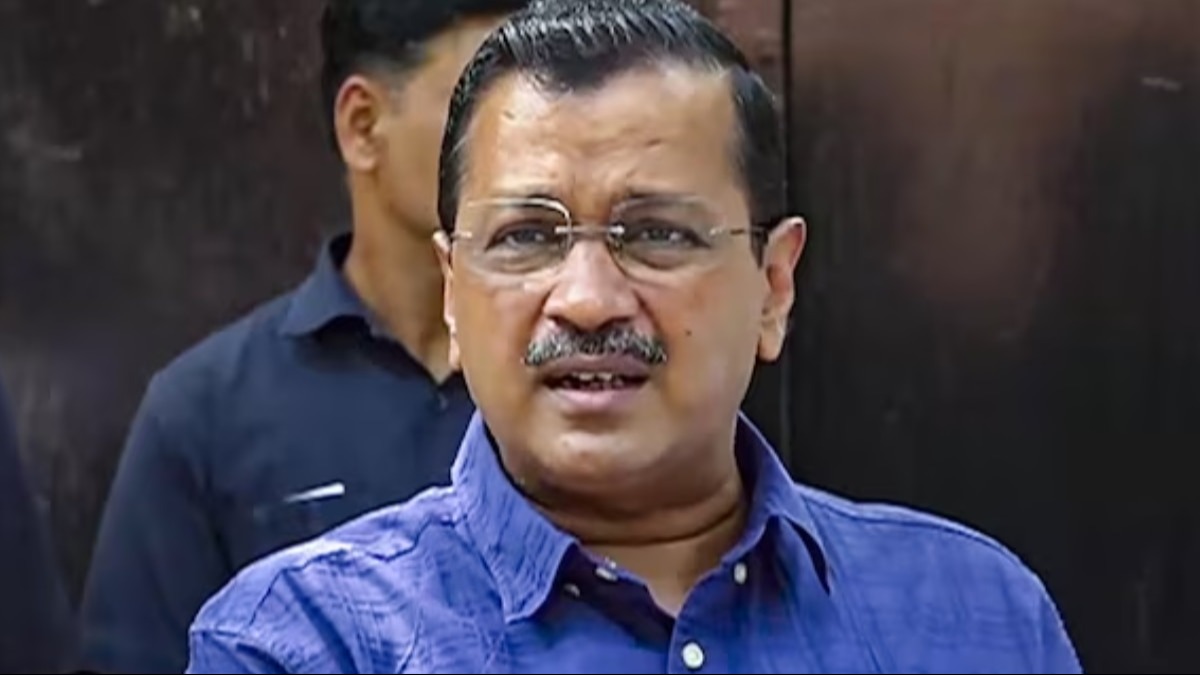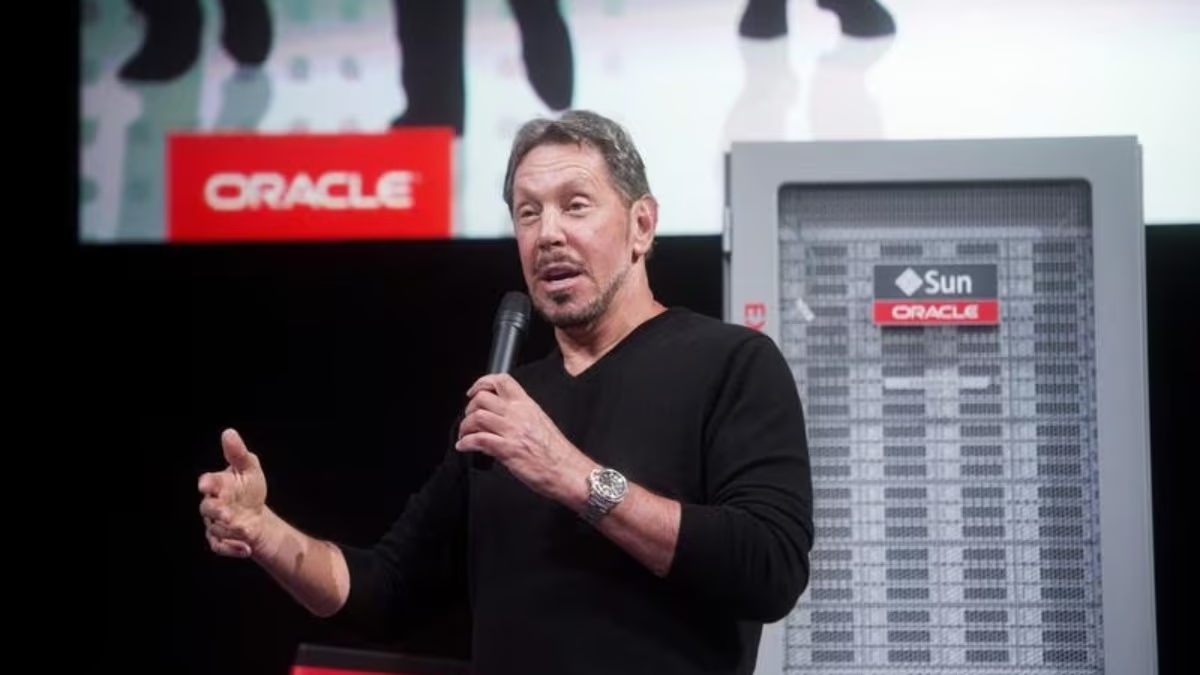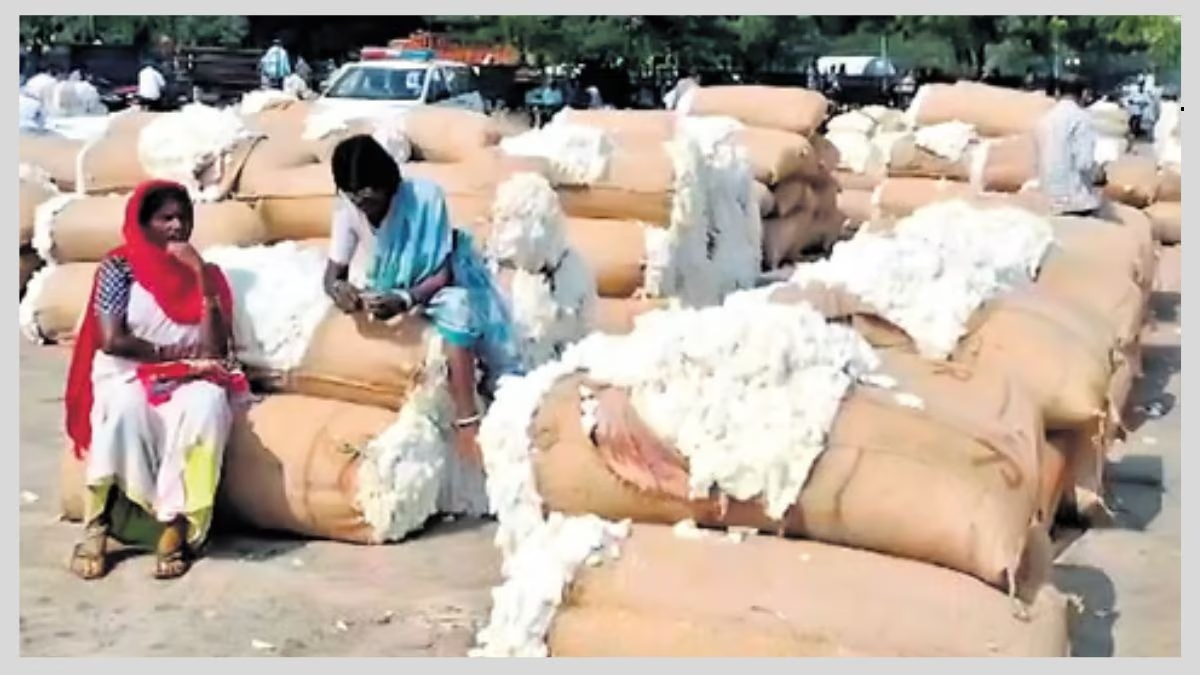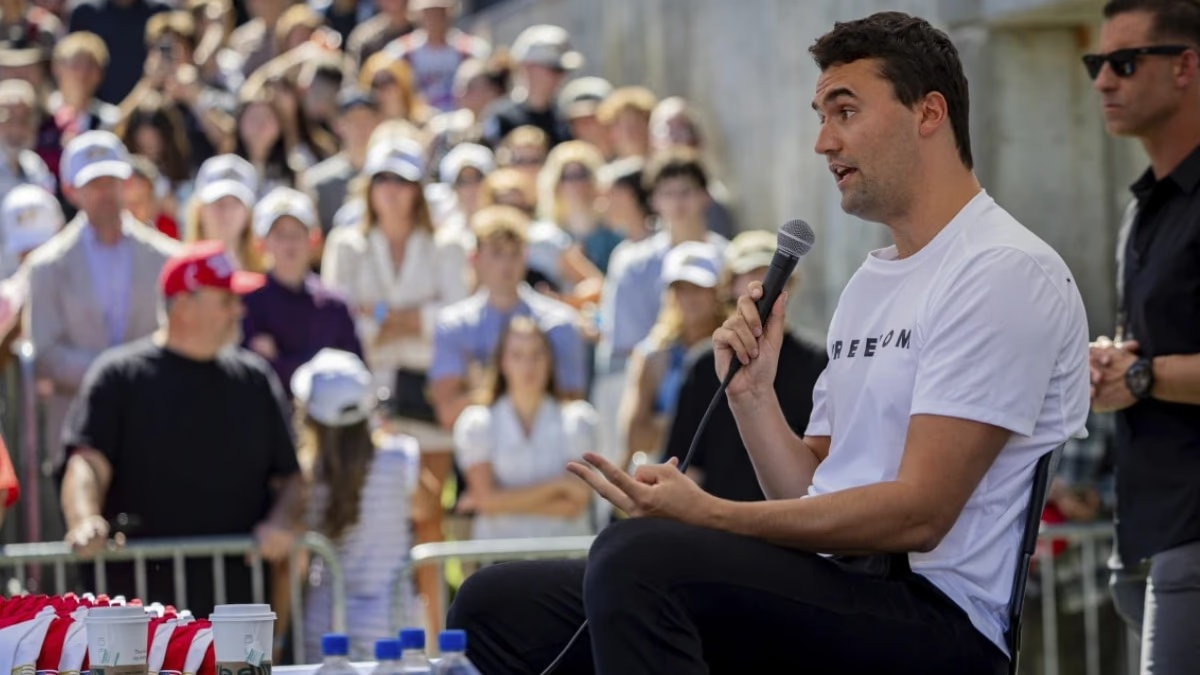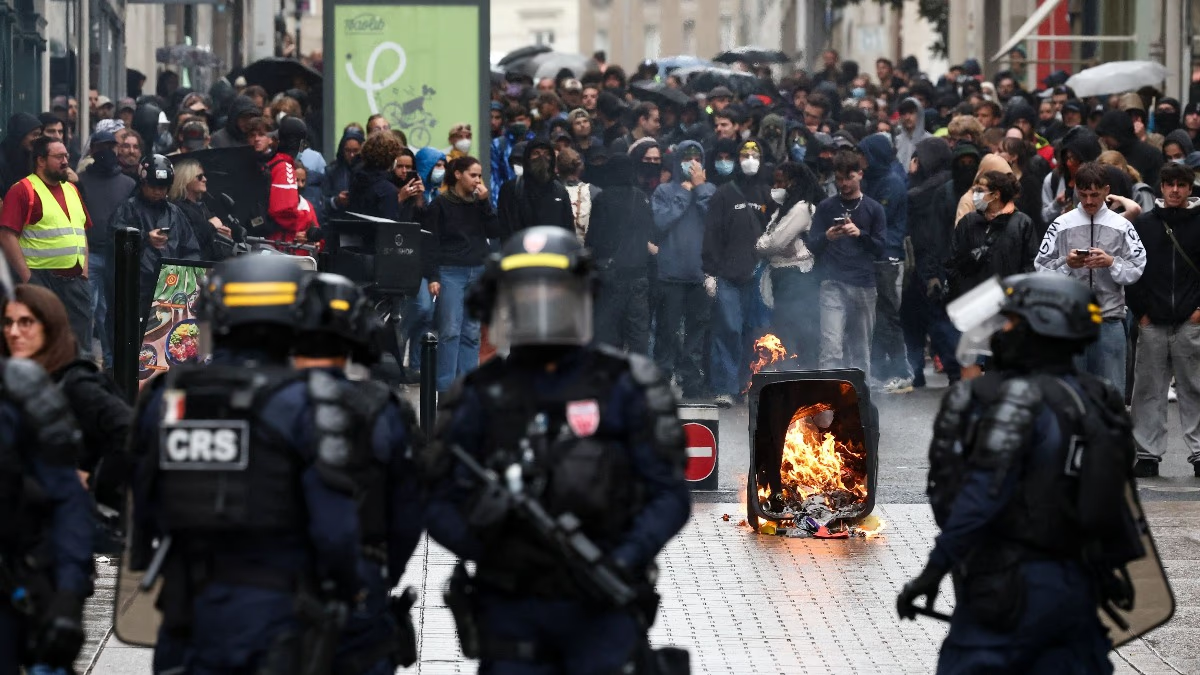Delhi Chief Minister Arvind Kejriwal has been dealt a second legal blow within 24 hours. Just a day earlier, the Delhi High Court had dismissed his petition against arrest, upholding the legitimacy of his detention, and today, the Rouse Avenue Court has also dismissed his plea seeking to increase the number of meetings with his lawyers from twice to five times a week.
In his plea, CM Kejriwal had argued for more frequent consultations with his legal team in light of the multitude of cases filed against him – numbering between 35 and 40. Advocate Vivek Jain, representing Kejriwal, stated that a mere one hour per week is insufficient for properly understanding and instructing on the complex legal matters at hand. "This is a fundamental legal right," said Jain, to which he added that party member Sanjay Singh had previously been granted permission for three meetings per week, despite facing only 5 to 8 cases.
The Enforcement Directorate's Argument Against Increasing Meetings
Opposing CM Kejriwal's plea, the lawyer representing the Enforcement Directorate (ED) argued that his request for five legal consultations a week contravenes the jail manual. Once incarcerated, a person's status outside holds no relevance, and they are to be treated equally. Kejriwal has already been ordered two meetings per week. Any interactions with the outside world while in judicial custody are to be limited and conducted as per the law. "If someone chooses to run the government from jail, they cannot be considered an exception and are not entitled to any special privileges," the ED's lawyer asserted, suggesting possible misuse of legal consultations for purposes other than legal advice.
What Did the Court Say About Kejriwal's Plea?
Sharing insights from the proceedings, the Court maintained that Kejriwal's plea was not for bail but challenged the arrest itself, alleging it was wrongful. The evidence presented indicates that Kejriwal, in collaboration with others, actively engaged in conspiratorial actions, accepting bribes and accumulating criminal proceeds. As the national convenor of the Aam Aadmi Party, Kejriwal was allegedly involved on two fronts – orchestrating the liquor policy and raising bribe money.
The Court scrutinized witness statements recorded under oath. To question these and the acceptance of apologies given would be to challenge the judicial process. An investigation is not meant to accommodate personal convenience; it can extend to unforeseen locations.
The High Court upheld the validity of Kejriwal's arrest, concluding that the detention and remand process was legal. Dismissing arguments about the timing of the arrest coinciding with election announcements, the Court inferred that arrests could not be contested on these grounds alone.
Continuation of the Money Laundering Case Against Kejriwal
As the Court reaffirms that Kejriwal's remand in the money laundering case is not illegal, it also clarifies that no individual, including a chief minister, is above the law, and special exemptions are unjustifiable during investigation and interrogation phases.
